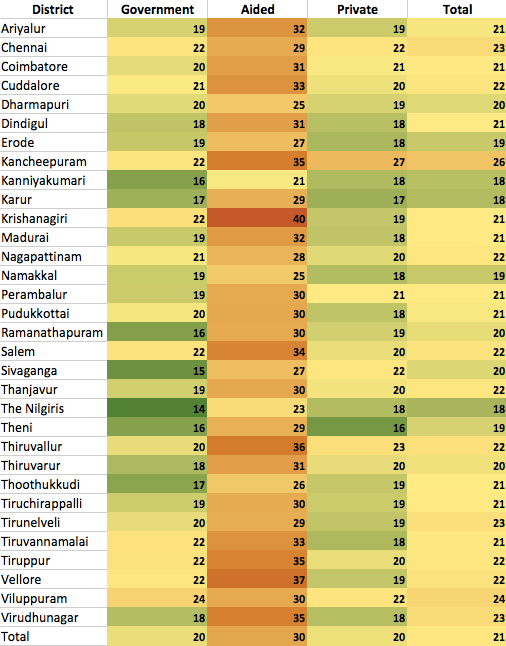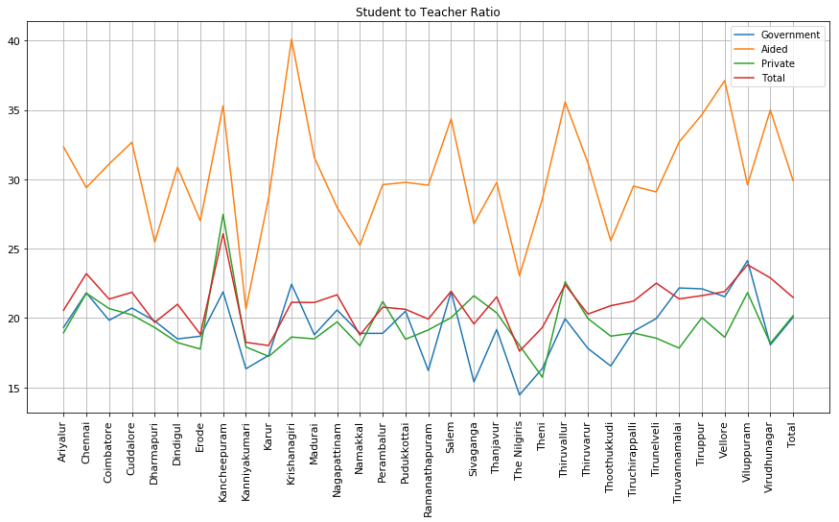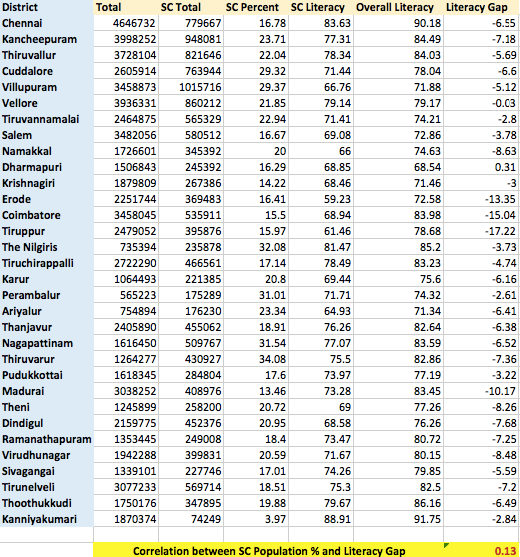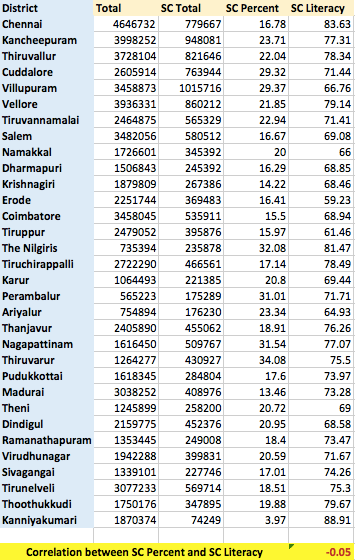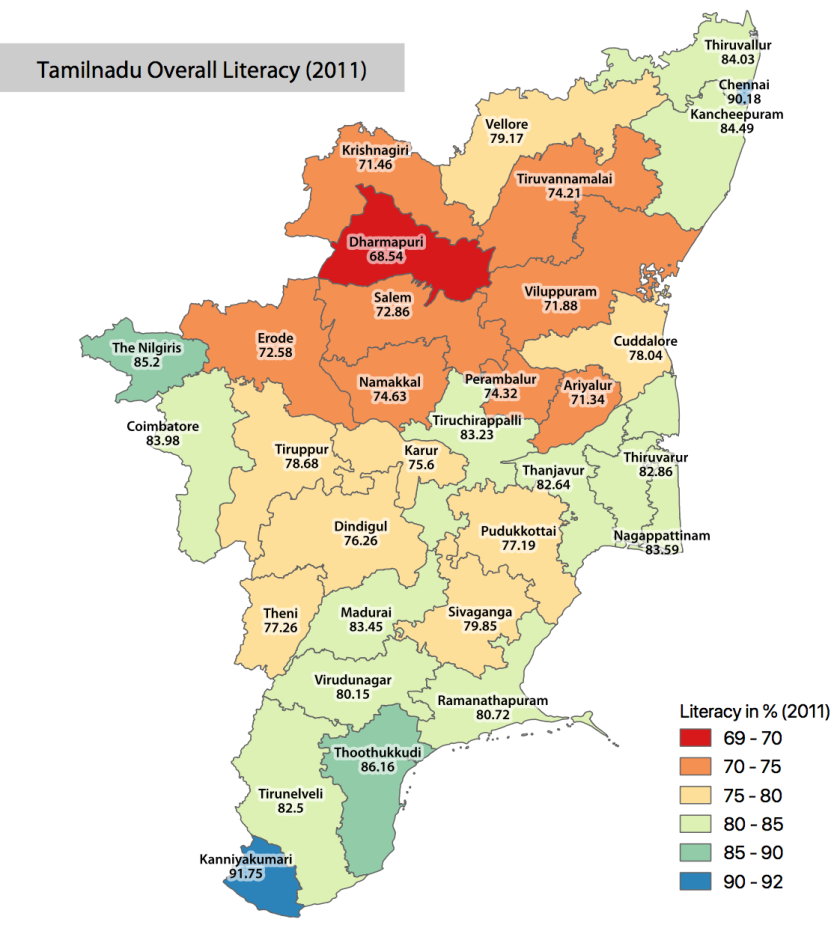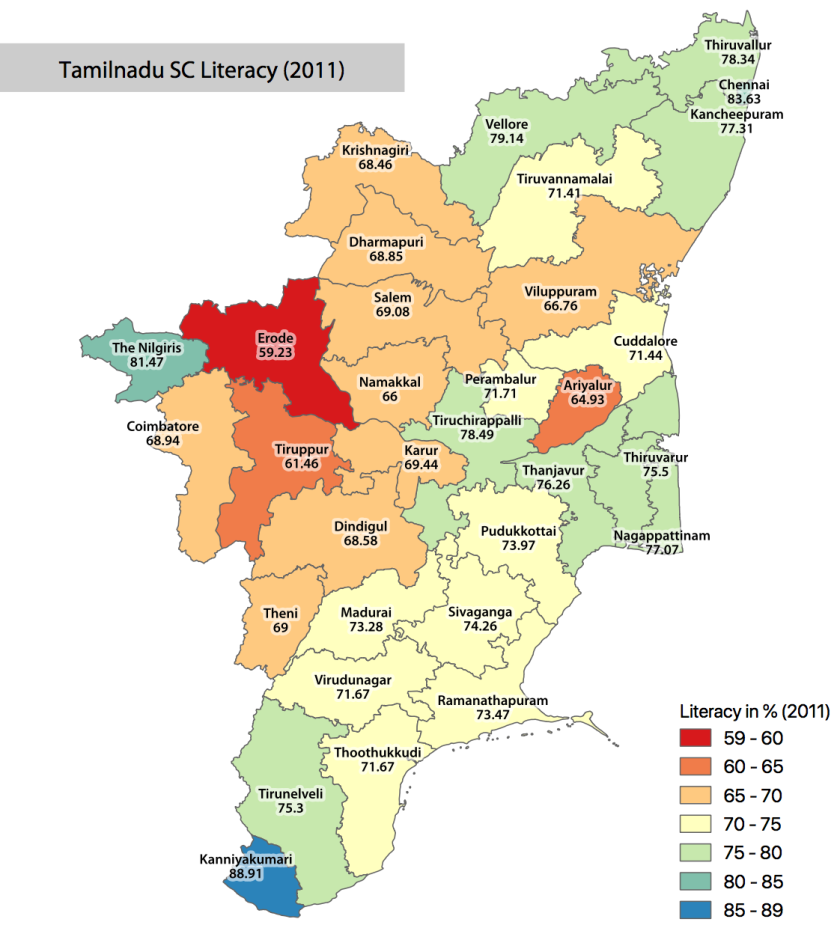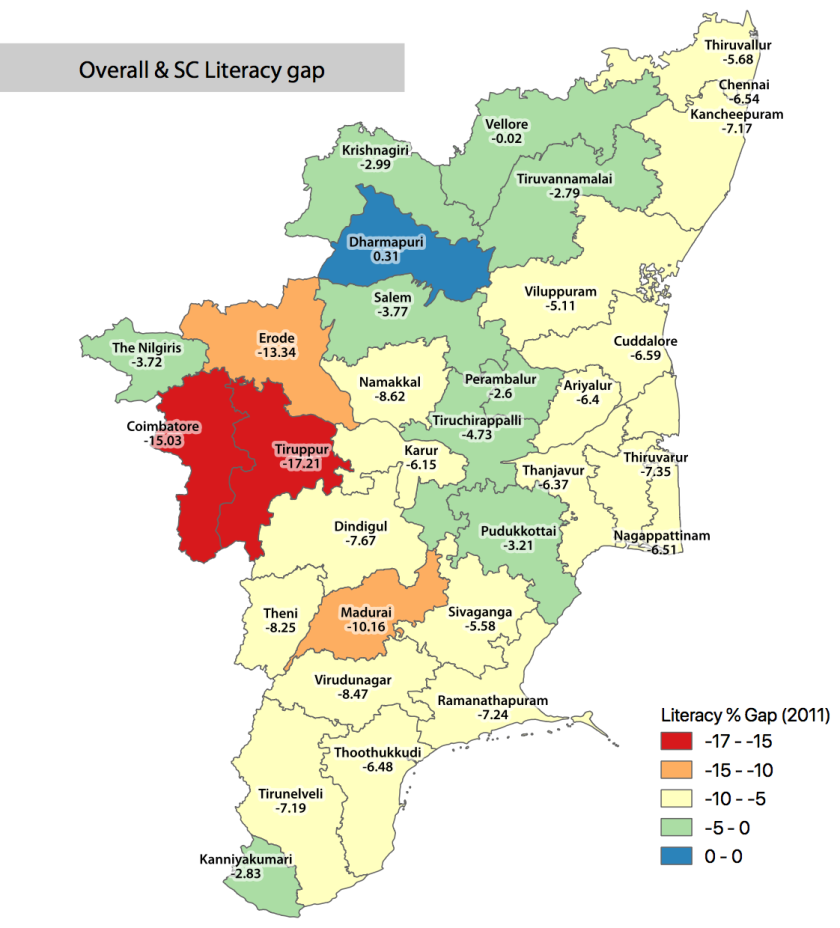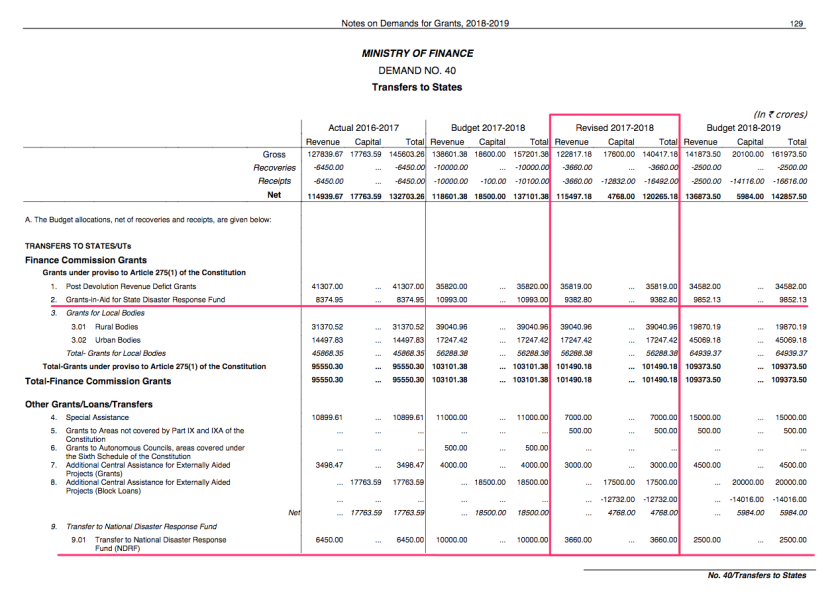Update: Kindly read the follow up article Net-neutrality. This is why.
I have genuine question. Why net neutrality? I know there are reams of pages of content answering the question, but I am asking from a completely lay man non-techie version of the question. Why? The only answer that I seem to get is – It protects the interests of the consumer.
Interest or Greed?
The current pricing model used by the internet service providers is something akin to an electric connection. They give you a line to use and bill based on the connection speed and the quantity of data or amount of time you spend online. The electric company doesn’t worry whether you use a geyser or lamp as long as you pay the bill. Similarly the present ISP models doesn’t care whether you stream YouTube or read Wikipedia. The analogy seems extremely apt, except for one difference – the cost of usage.
In case of an electric connection, you buy any equipment that you want to use and pay the cost of the hardware. The more you use the more the electric company gains, the equipment manufacturer gets nothing most of the time. Exceptions like cable TV exist, but again cable is another utility altogether and we will get into that shortly. But in case of the ISP, you buy services over its line which earns money for those services. In this case it is completely opposite; the ISP gains almost no money no matter how much you use any kind of service over their lines.
For example, using geyser on a daily basis could consume a lot of energy and prove to be great revenue for the electric company, whereas streaming movies 24×7 is going to benefit only Netflix of YouTube and does nothing to the ISP except choking their lines.
The ISPs this want to take a part of the money paid to the service as it also utilizes on their resource. The invention of thing like Fair Usage Policy (FUP) is a way to limit this choking of the lines.
So when companies like Google talk about net neutrality (against tired pricing), the real question is whether the company is really trying to protect the consumer or just trying to enjoy the free ride that it currently enjoys.
The Cable TV Pricing
From a consumer standpoint this is certainly against the interest because we don’t really want to pay more for certain services. It is time we visit the cable TV evolution and see what the consumer really has said and done about it.
Initially there were there was only one way of getting satellite TV – Using a Dish Antenna. The intial investment was huge. Then came cable operators, who charged a certain amount of fees for certain number of channels, no choices, all just paid an amount. After that came the Direct to Home (DTH) services replacing the cable TV operator with a corporate body. Until to this day we pay per channel, called packages. And the customer has hopped on merrily with some noises here and there. Nothing in the transition has affected the channels’ (services) revenue.
Applying the same route, we are currently in the cable operator state, where the ISP is giving us a cable, we pay an amount. If the model evolves into one which prices textual data, VOIP, and media streaming at different rates, like that of a channel based DTH pricing, and bills the consumer on what is consumed, a lot of people would might end up paying a lot more as well as a lot less. Just as I avoid all sports channels, I might avoid all VOIP usage. If I am programmer, most of my requirement is software package and code, there is no need for me to pay more. But people preferring YouTube to TV would pay a lot, and thus reduce revenue to business like Apple TV, Google TV, Netflix, etc., but taking away a share of the pie. So for me a consumer, paying on how much traffic I use seems as much legit as big truck paying more than car on a toll road, simply because I use more resource.
This argument so seems biased towards ISPs. What if things like the ones below, said in Wikipedia, happens?
From Wikipedia
Neutrality proponents claim that telecom companies seek to impose a tiered service model in order to control the pipeline and thereby remove competition, create artificial scarcity, and oblige subscribers to buy their otherwise uncompetitive services.
From HuffingtonPost
A fast lane would let some websites operate at higher speeds and essentially relegate many sites — likely smaller, less-moneyed ones — to a slower pace.
Where are the regulatory authorities who enforce mobile communication and telecommunication pricing? Why such an authority can’t be created and clear rules saying what could and couldn’t be charged drafted? Why can’t things like slow lanes be completely outlawed? Say we create a law which says Non-profit sites like Wikipedia, Khan Academy should never be charged (extra) even for streaming content and pricing can only be done on For-profit entities like YouTube and Netflix. Calls for making internet a utility are a step in this direction of regulation. Why would anyone really want to create a slow-lane if more speed and more data transfer results in more money for the utility provider?
So.,
The entire thing about raising hue and cry over differentiated pricing seems to be for only one reason – Greed.
The greed of the companies to make money. They pull us, consumers, into the issue by terrifying us that our bills would shoot sky high and ISPs will fleece consumer. If that is the real issue, I think it is better dealt by talking to (or even creating new) regulatory authorities, consumer protection agencies and other similar governmental organizations and certainly not by tactfully converting a purely capitalistic issue a social issue involving rights and freedom.
I as a layman consumer is completely ok with the current state of affairs and don’t mind if the billing becomes usage based, or someone creates a fast-lane for those who pay more as long as the slow lane is at the mandated minimum speed, which is the present case anyways.
